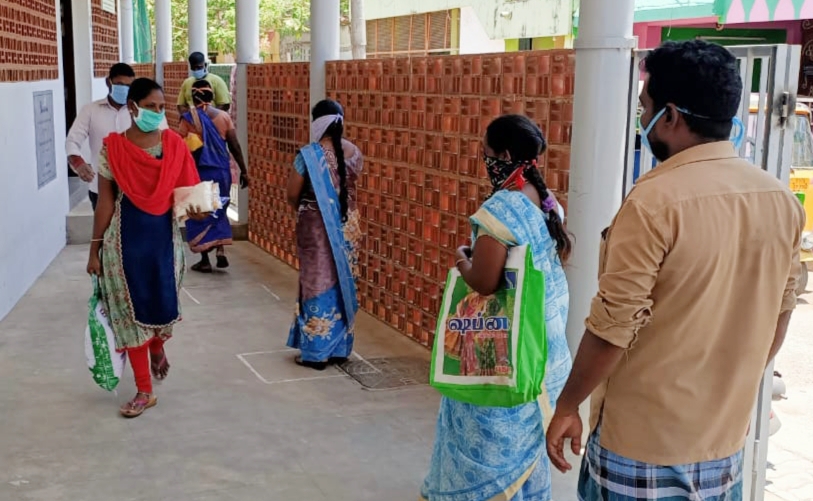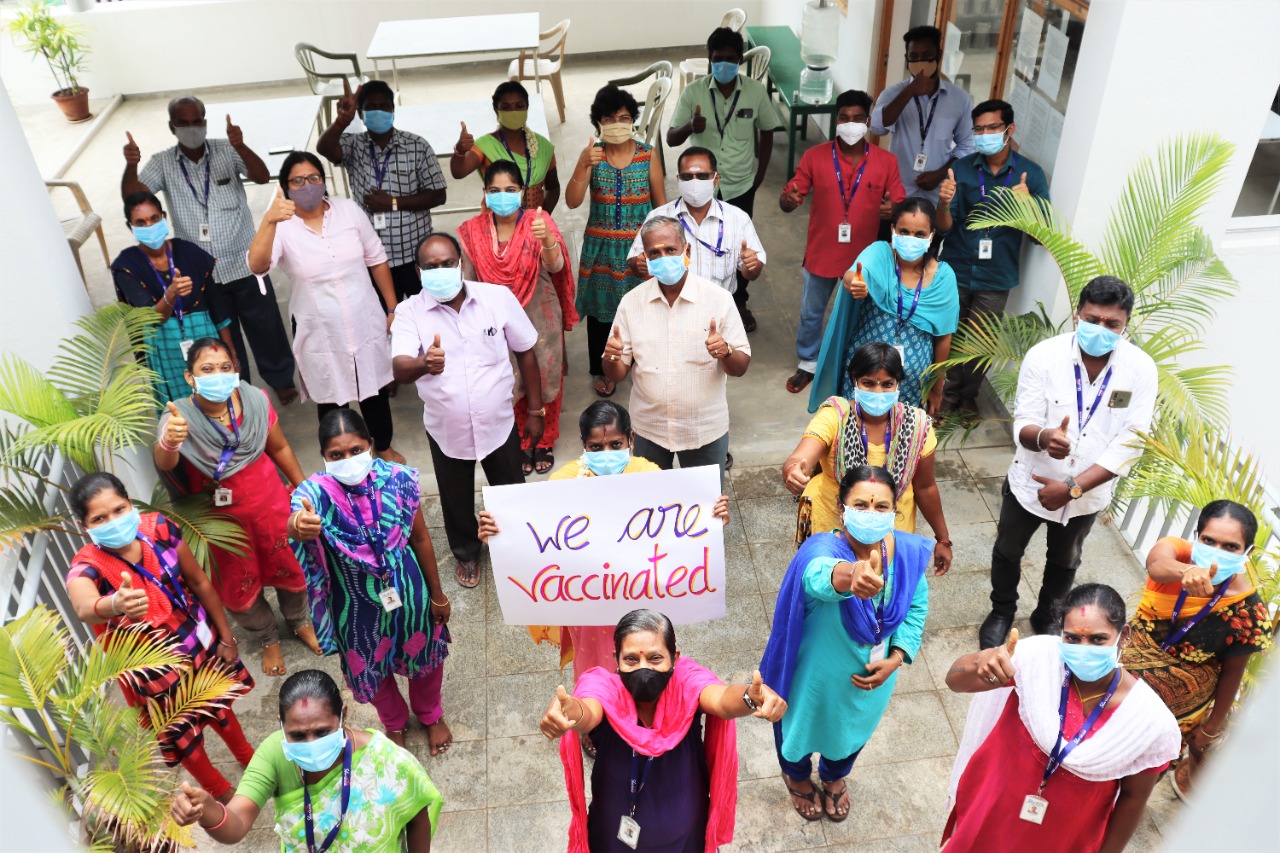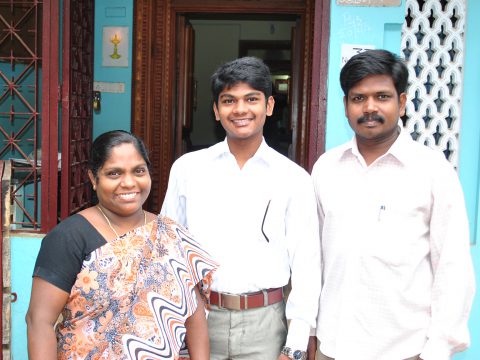-article penned by our board member, Mrs Alo PAL
CHILDREN’S PROGRAMMES
Omicron looms and the third wave is upon us as I type what was to be Sharana’s journey in the times of Covid.
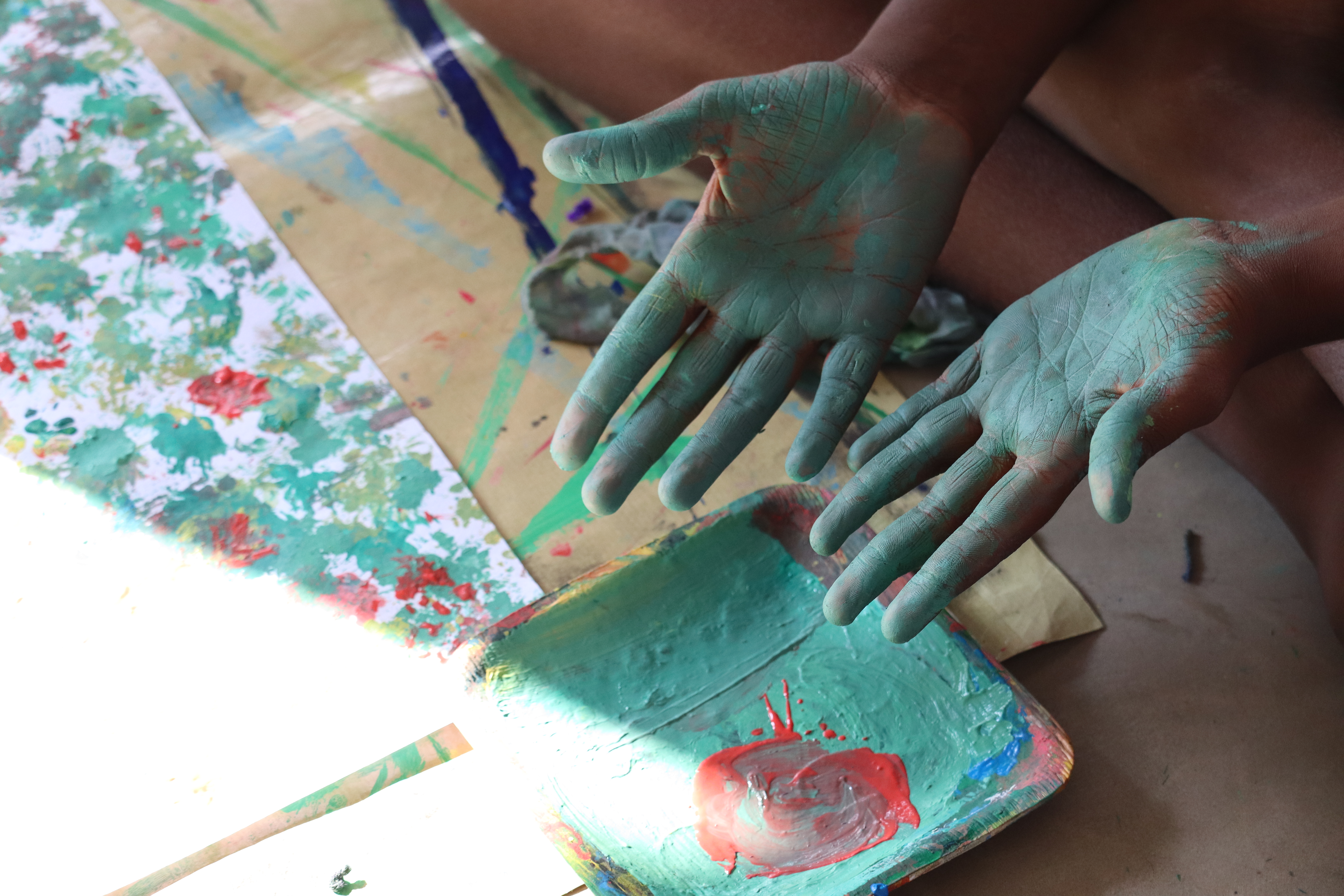
At the Sharana Centre in the day, we ran a crèche and a preschool programme. Children from the streets and slums who would otherwise be unsupervised and vulnerable to exploitation attended the facility also enabled young mothers to work and supplement the family income. This came to an abrupt and complete halt in March 2020.
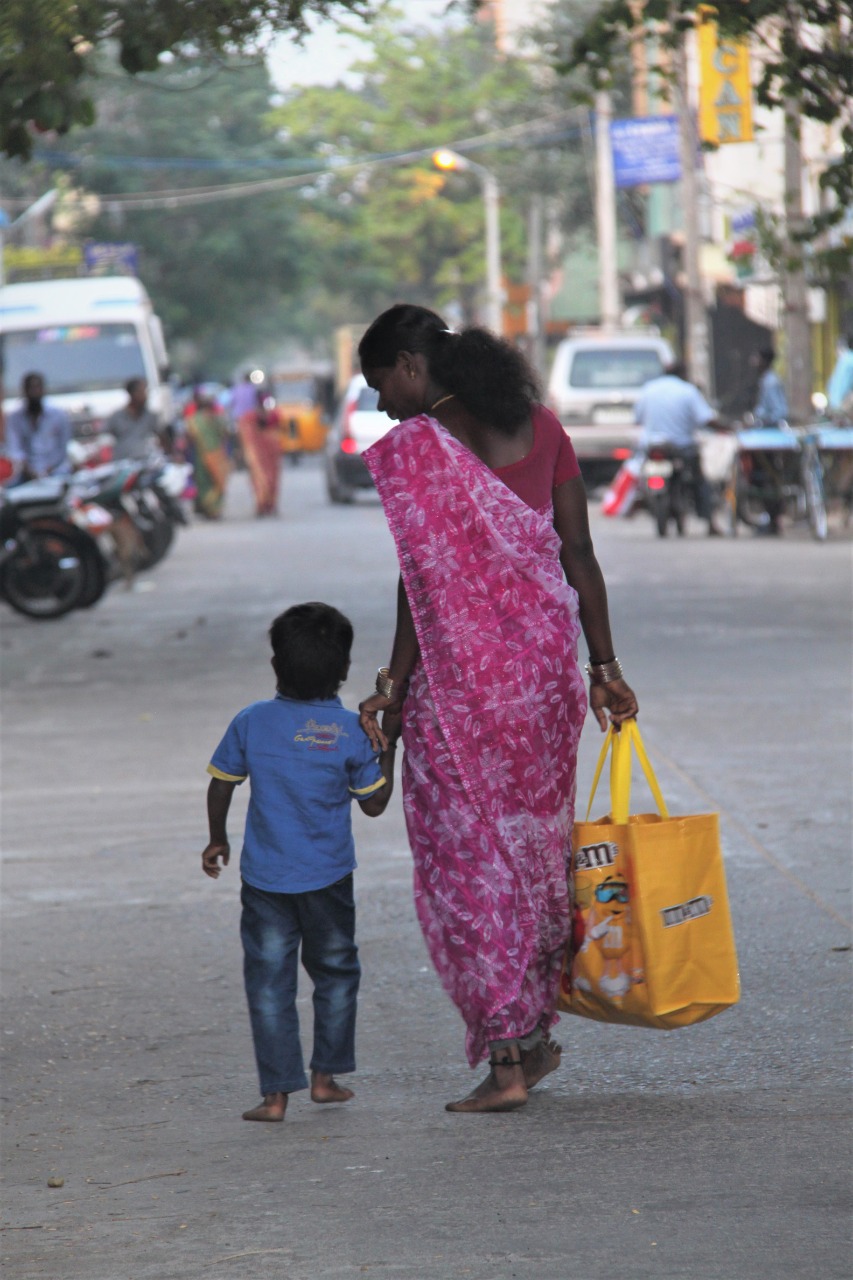
In the evenings, when parents were able to attend to these children, beneficiaries from our Back-to-School programme, school children from all age groups, would attend our Home Help Centre, after school hours. This vital input to complement the school curriculum too stopped with the lockdown.
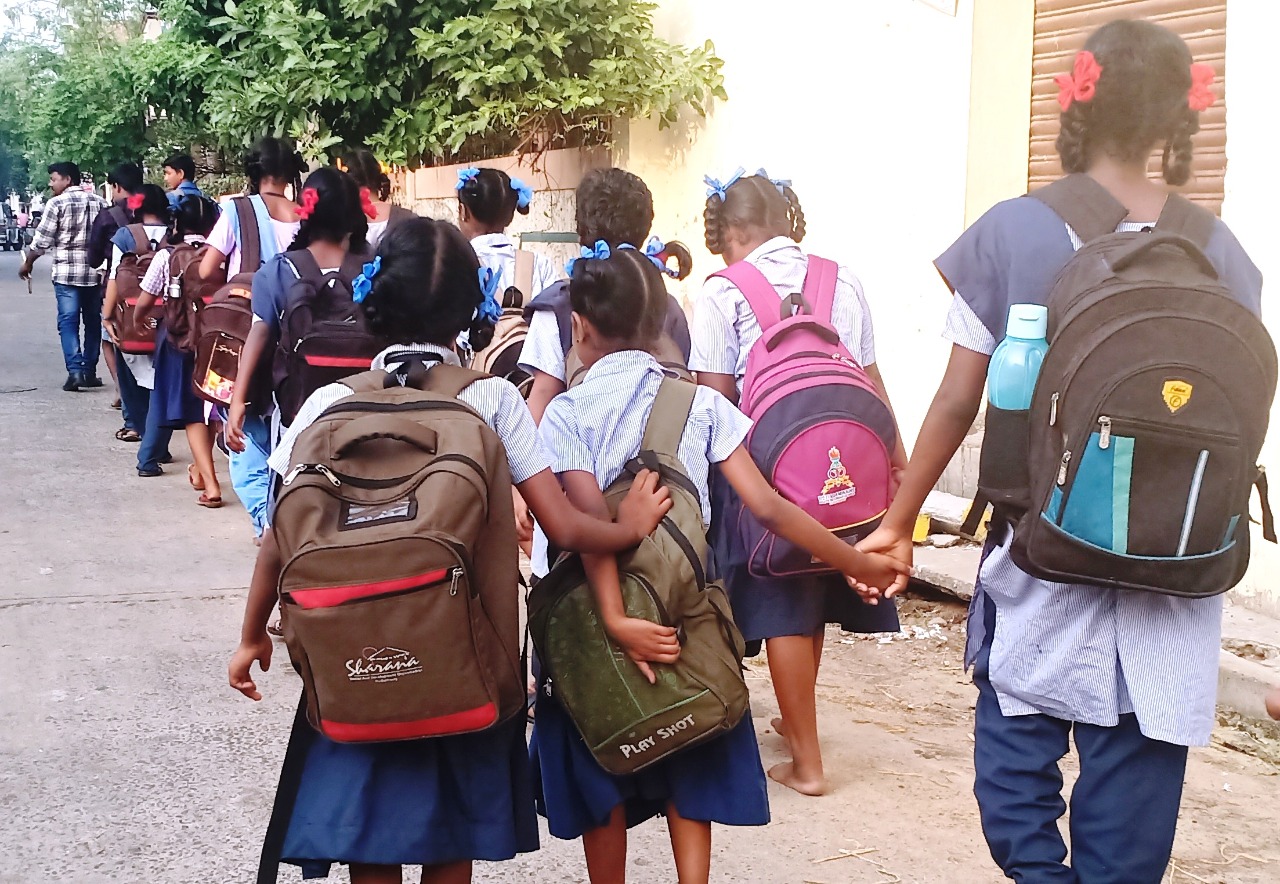 When the closure of schools extended indefinitely, the impact of the digital divide in the section of the population Sharana works with became of serious concern. Our Social Centre conducted a series of digital classes using our smart classroom facilities and in 2021 we have collaborated with Planet Read who has provided us with same language subtitled content in the vernacular that has gone a long way in providing much needed structured educational material for an age group and a demographic that has neither been able to switch to online classes nor have the means to access tuitions and other learning devices the families of children could provide their children for continuity.
When the closure of schools extended indefinitely, the impact of the digital divide in the section of the population Sharana works with became of serious concern. Our Social Centre conducted a series of digital classes using our smart classroom facilities and in 2021 we have collaborated with Planet Read who has provided us with same language subtitled content in the vernacular that has gone a long way in providing much needed structured educational material for an age group and a demographic that has neither been able to switch to online classes nor have the means to access tuitions and other learning devices the families of children could provide their children for continuity.
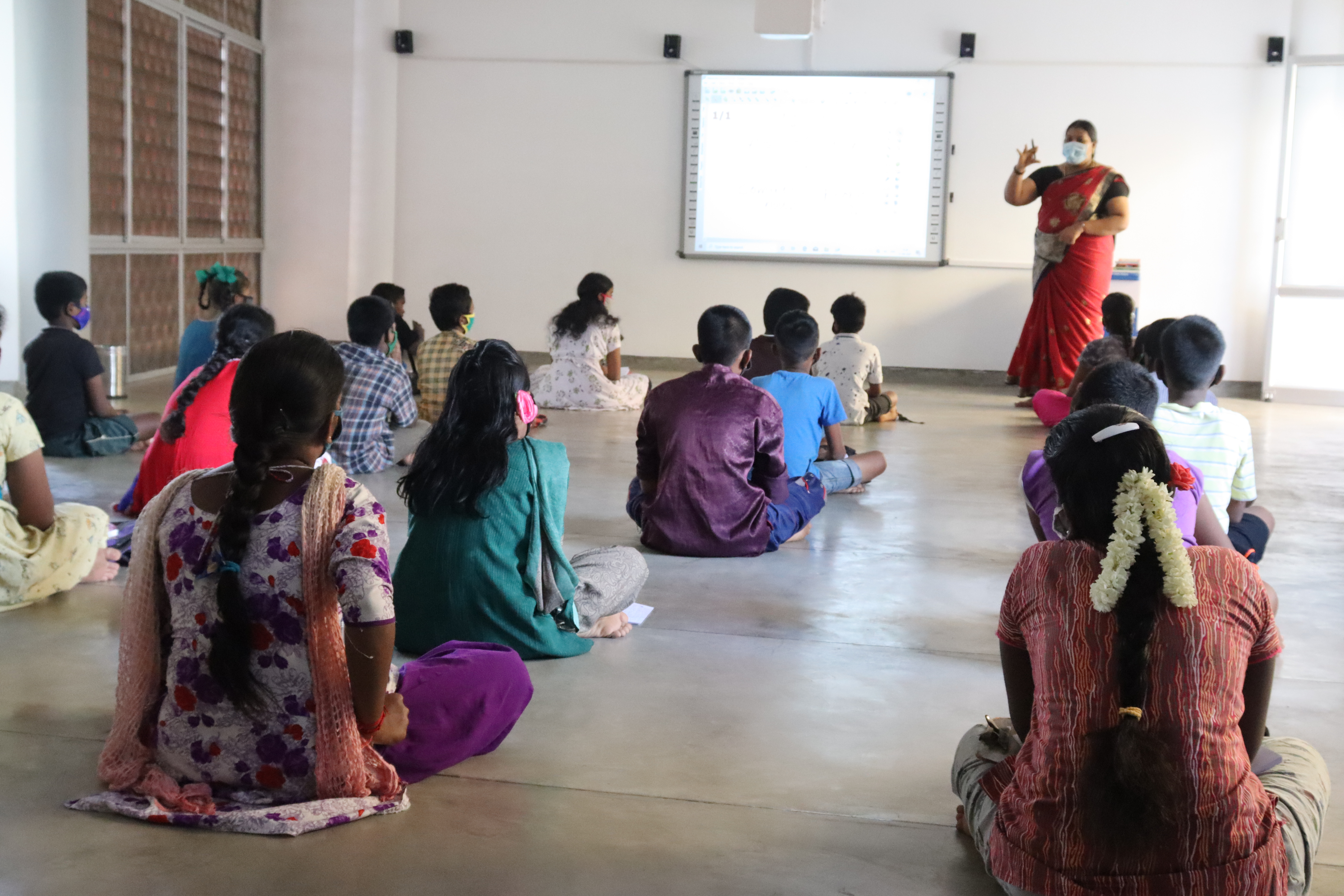
Connection with the actual physical living condition of the families we work with has been the principal input guiding our projects. Our outreach activity has been strong, consistent, and our biggest asset in determining the needs of our beneficiaries and also the changes and exceptions of any program or intervention they may need.
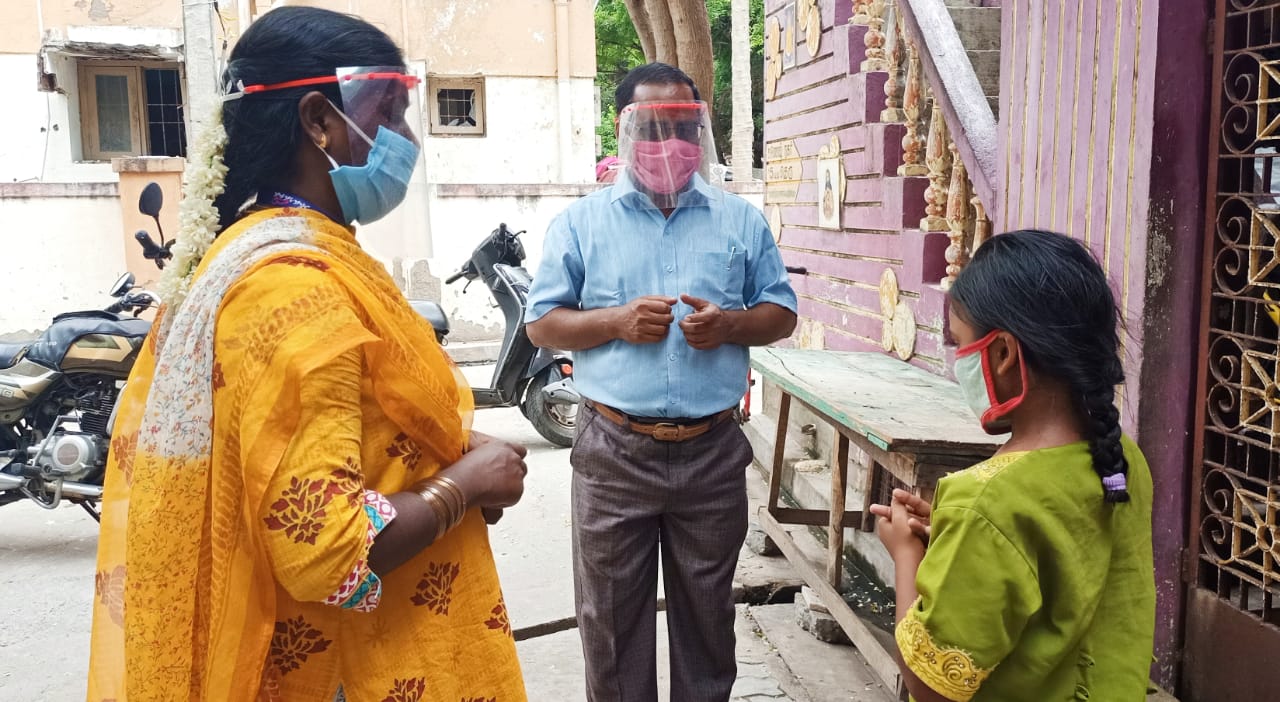
Our team of social workers maintain and update a master database of every child and family and all our outreach work is documented and guides future interventions and follow up. In many cases, especially in the initial phase of coming under our wing, our social workers are available to our beneficiaries often as the first line of help.
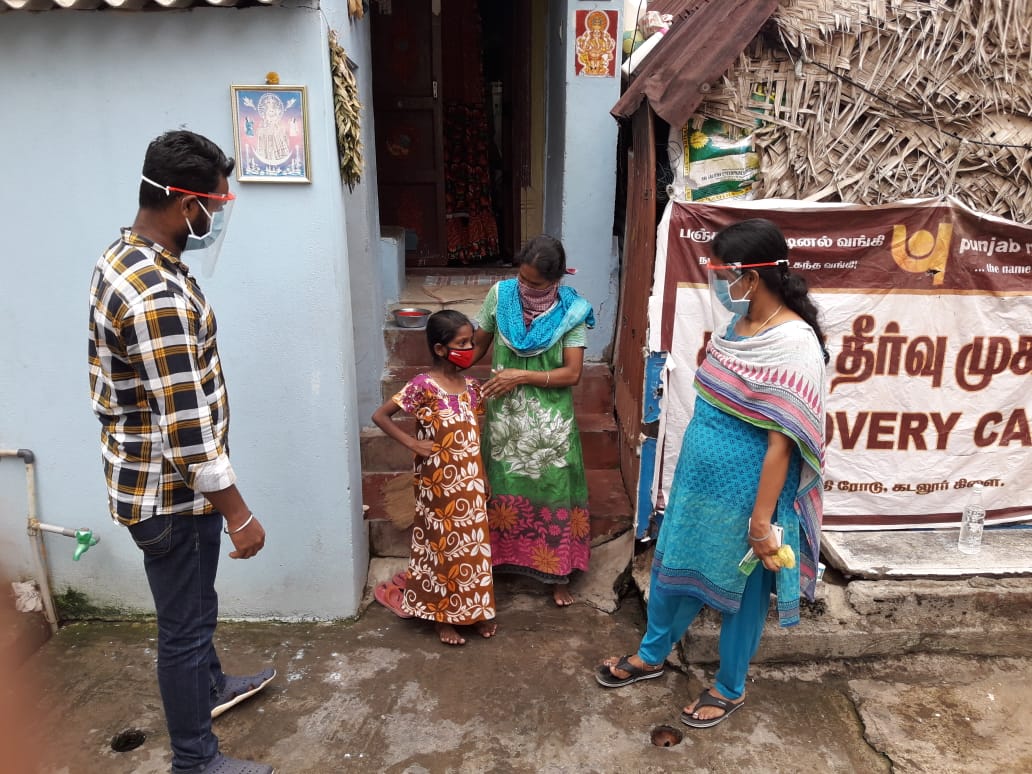
It is this relationship of trust built over time with strong outreach that enables us to gradually empower our beneficiaries and gradually reduce the depth of our interventions without giving them a sense of loss. This vital activity came to a standstill and later was adapted to intense follow up over the phone. Outreach also includes school visits but that of course wasn’t necessary.
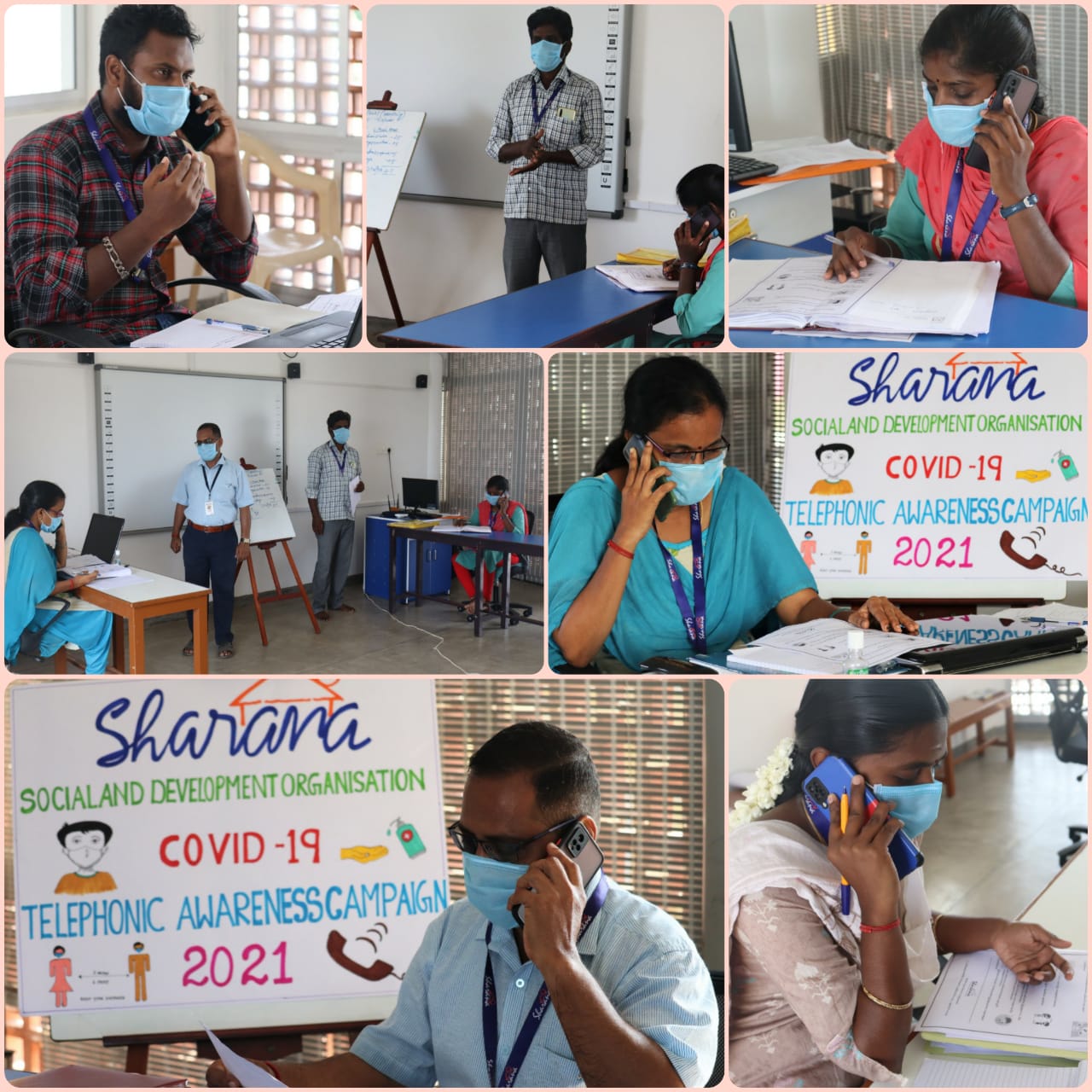
Over the years Sharana has tried to shift from systematic material support for students to a more need-based one. This has been in tandem with the Govt. Schools becoming more reliable with uniform distribution and also our effort to teach the child to take care of material things and use bags etc longer. The pandemic though saw a huge jump in material support.
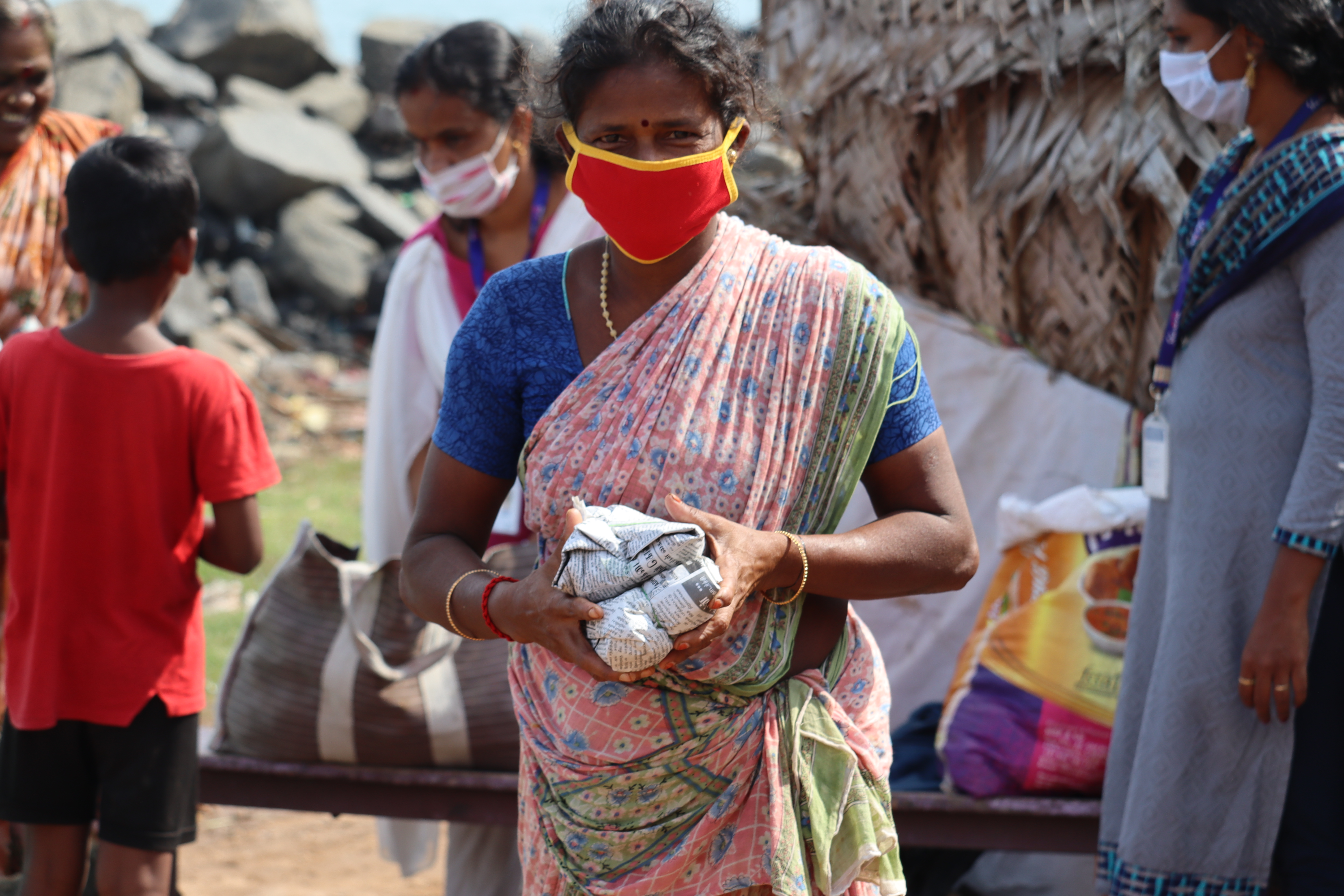
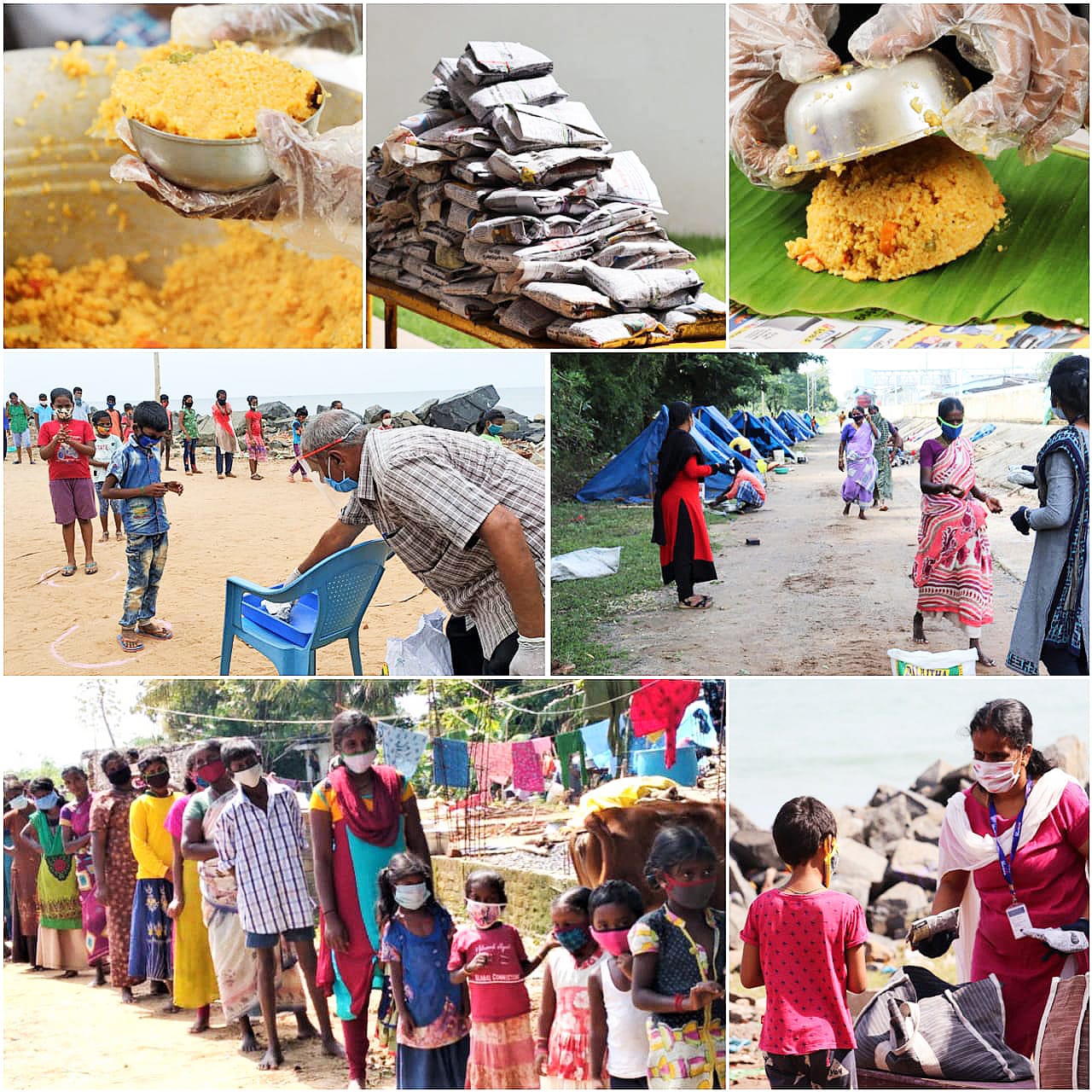
Since for most of our beneficiaries the school mid-day meal is the only proper meal of the day, food distribution became a central and vital function of the organisation. Till the time normalcy returned a total of almost 1,80,000 food packets were distributed to our beneficaries.
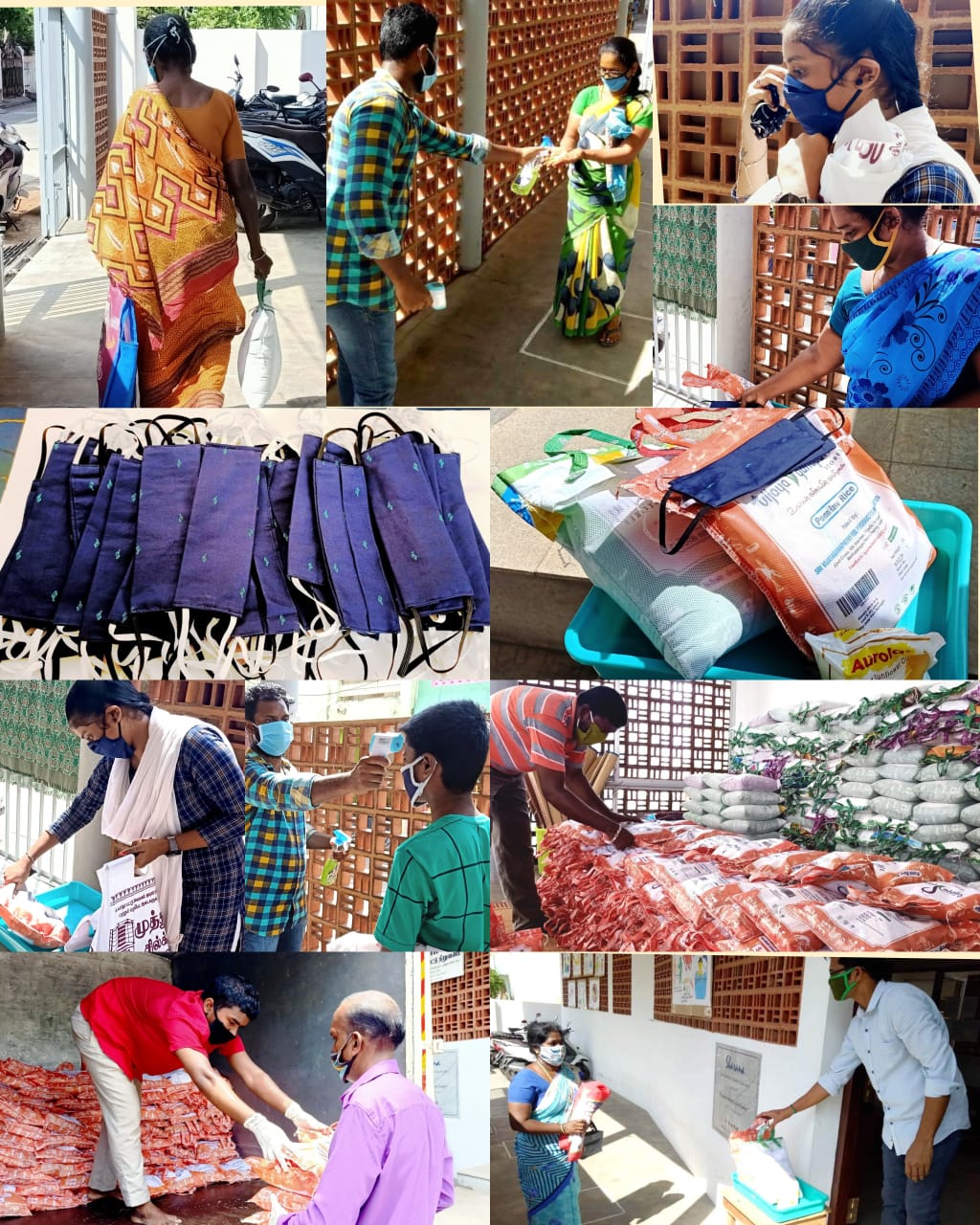
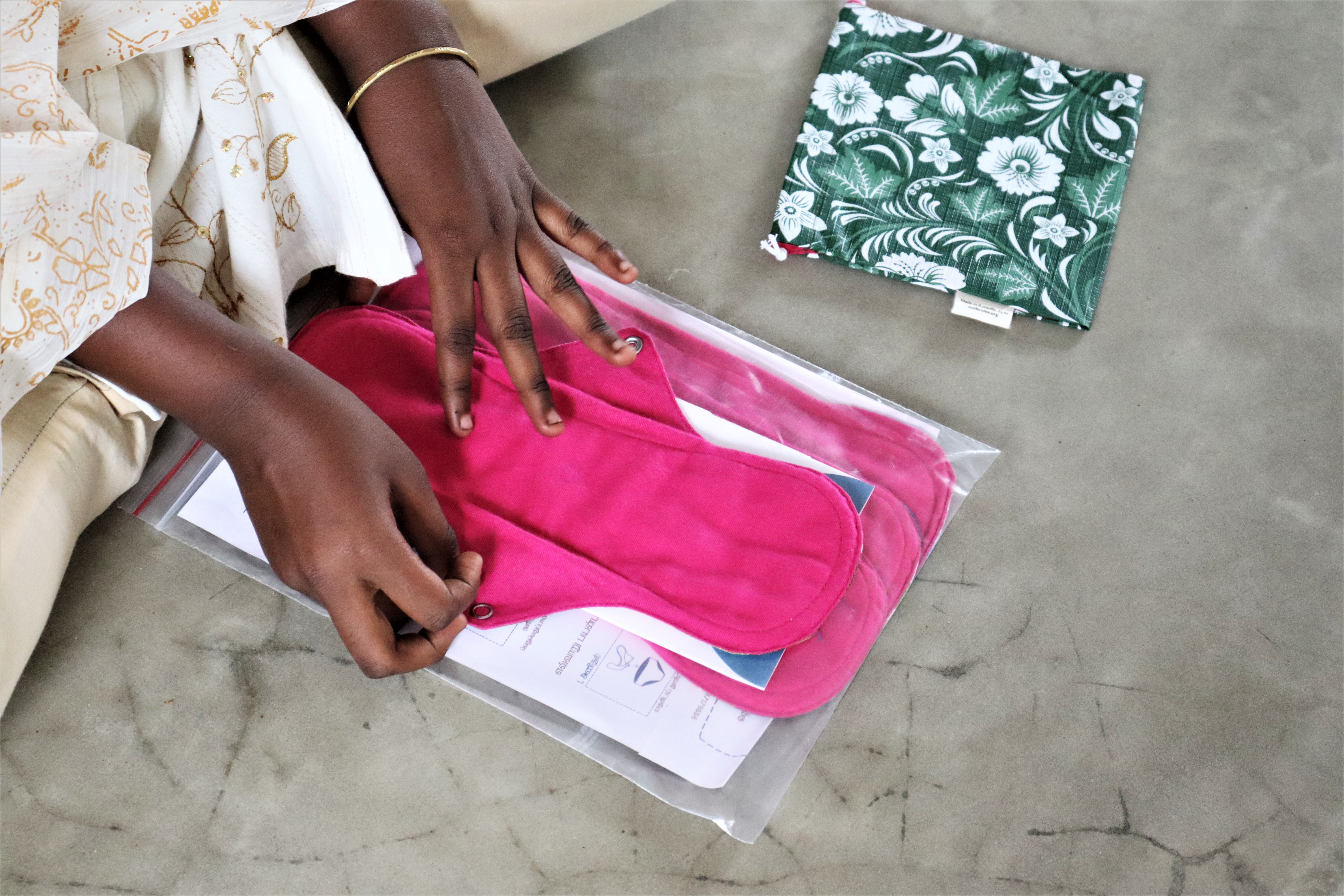
We also distributed dry provisions, hygiene kits, art kits, as well as cloth sanitary pads(collaboration with Ecofemme, Auroville) as part of a Menstruation sanitation awareness programme.
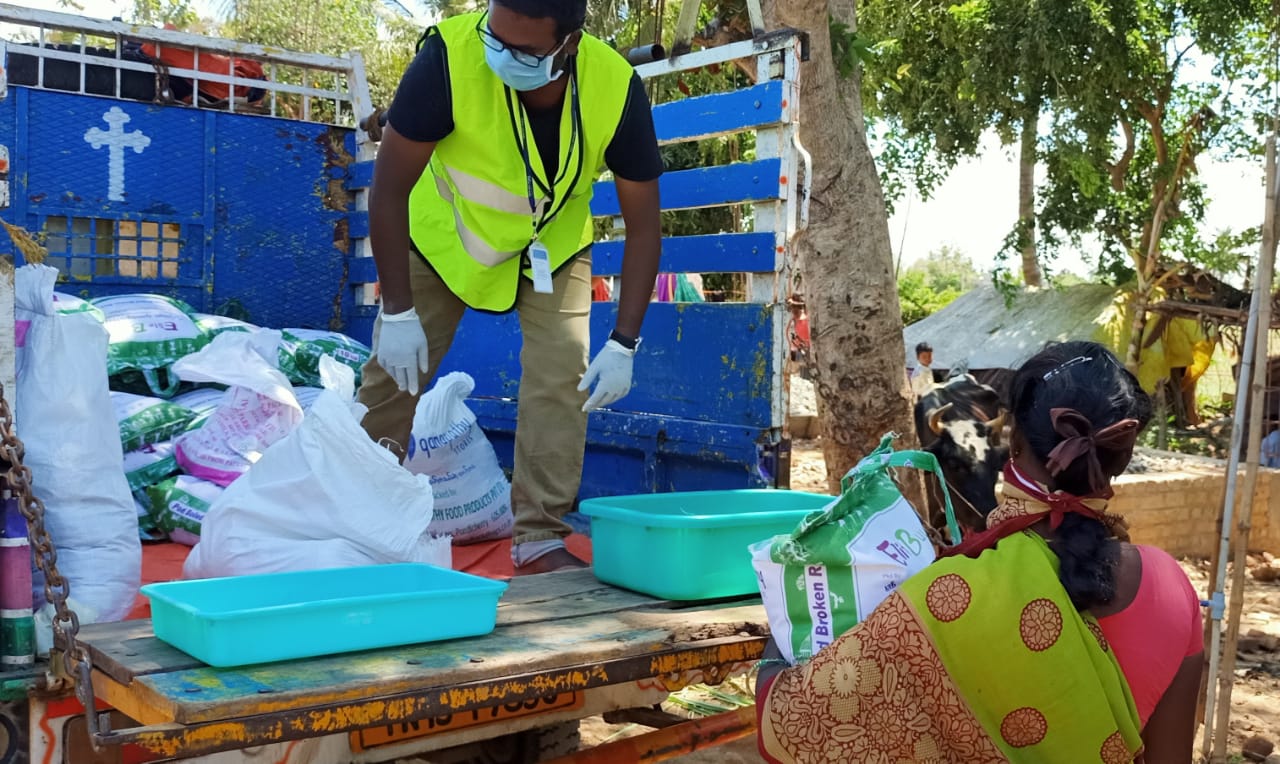
Two vaccination camps were also held at our centre; it may be noted that it took intense consistent fieldwork to overcome vaccine hesitancy widely prevalent here.
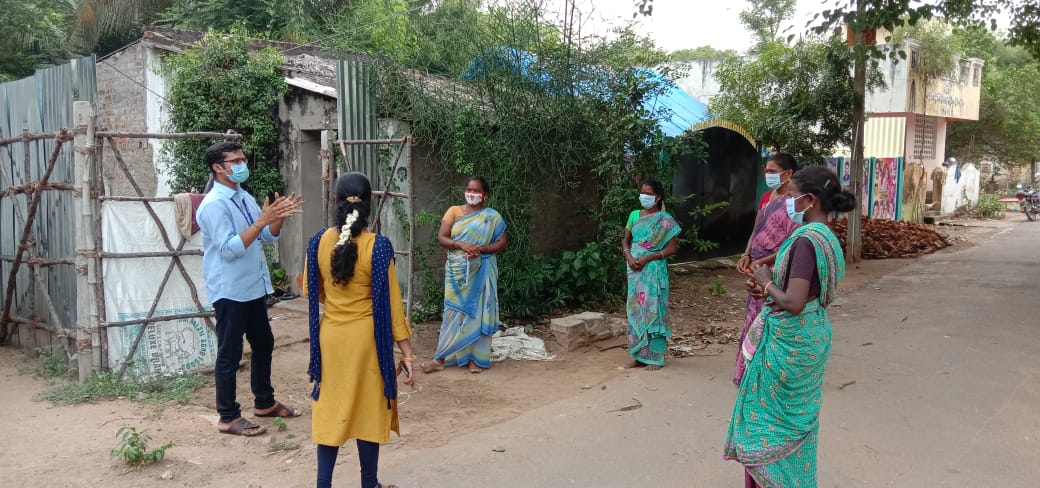
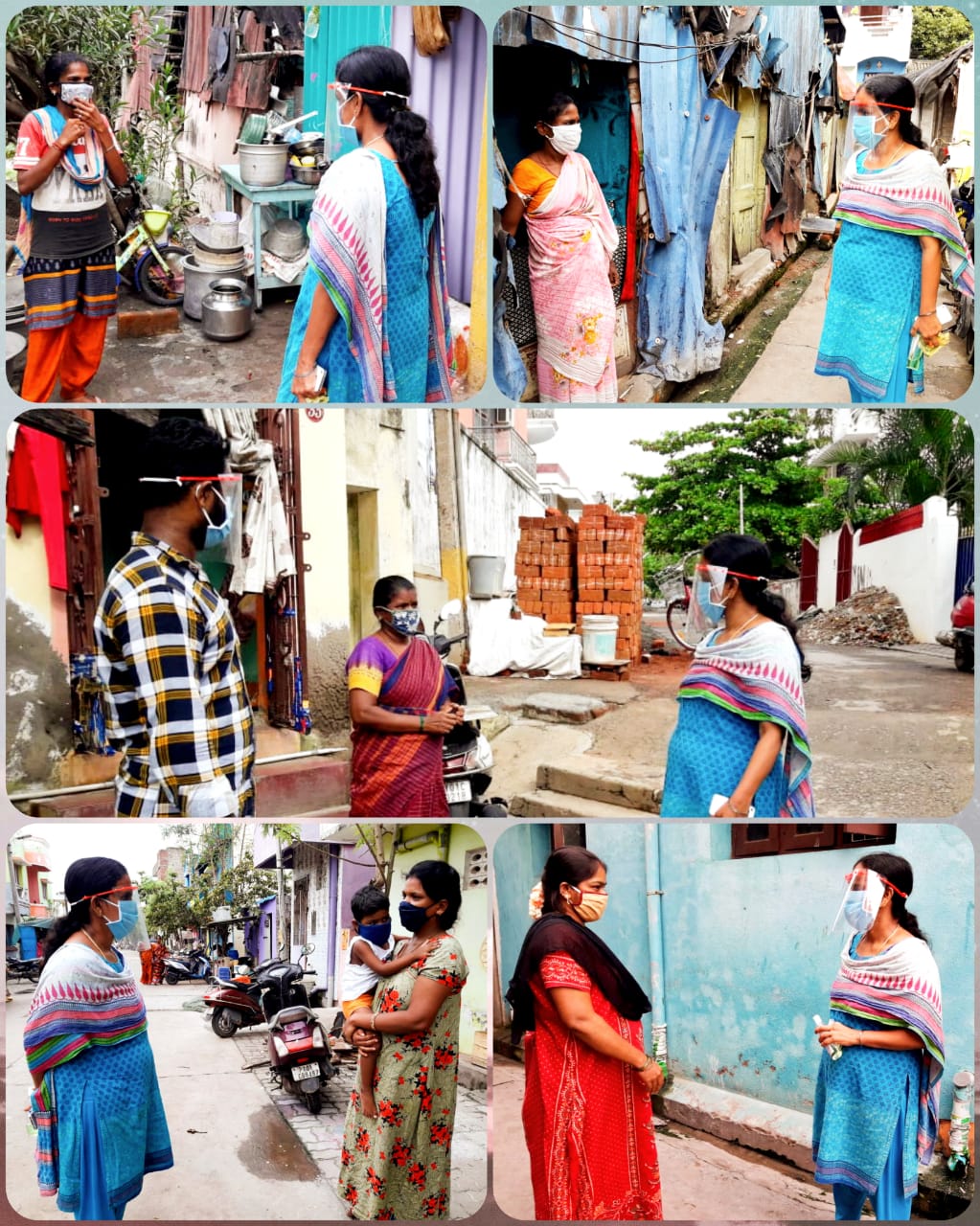
Arts activities were significantly increased every time relaxation of norms were announced by the Govt. As for sports and games, as and when appropriate our games were adapted to make them contactless and safe.

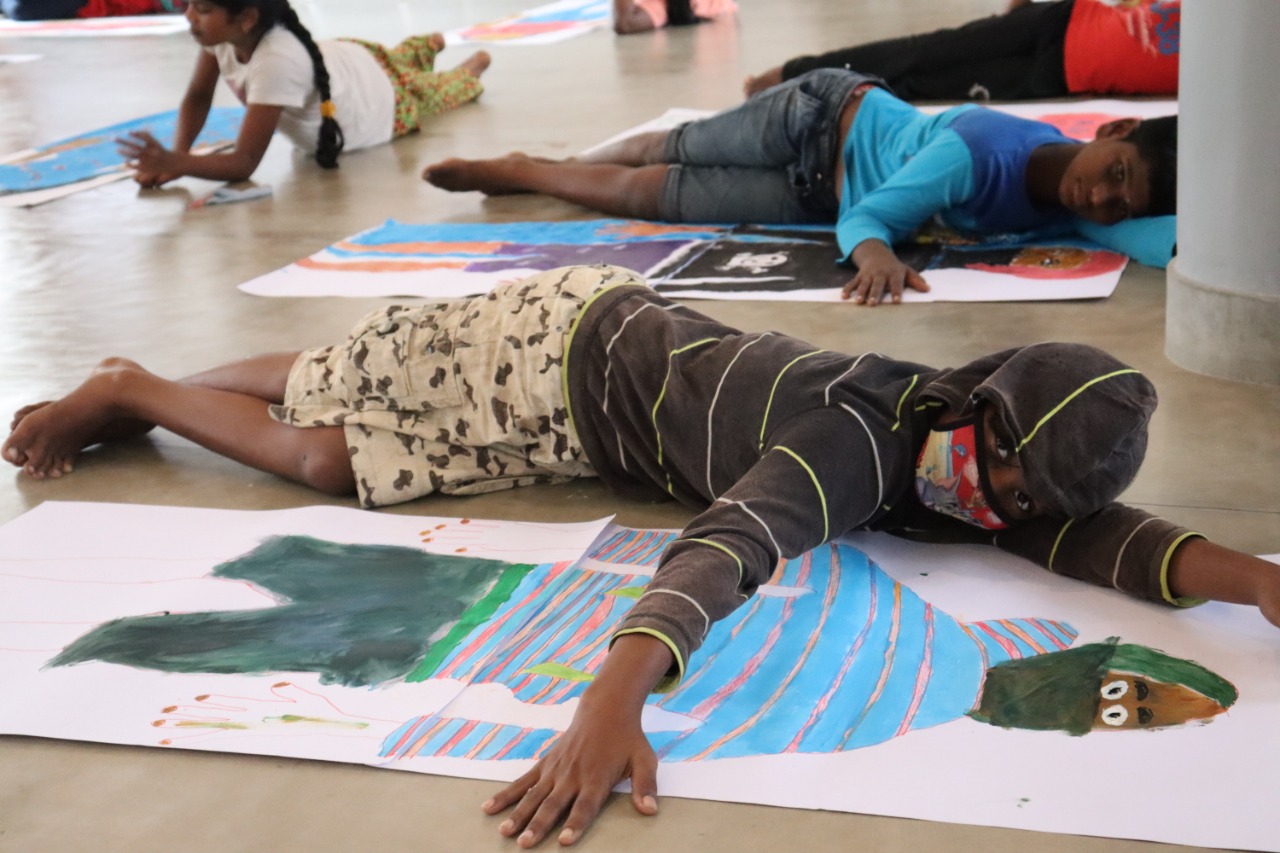
COMMUNITY DEVELOPMENT
At our rural community centre in Angalakuppam village much like our social centre the crèche and the homework help centre were closed, the dispensary was closed but intense outreach was conducted door to door to create awareness on Covid protocols and safe conduct. Community spread was one of the most dreaded stages of the pandemic spread, but our extensive outreach minimised infections in the village.

The homework help centre is scheduled to reopen soon with the rural equivalent of our digital smart classrooms. Our food distribution programme included the Angalakuppam rural community too. It may be interesting to remind you that the entire Angalakuppam village is covered by our collective sponsorship programme and every child is sent to school under this.
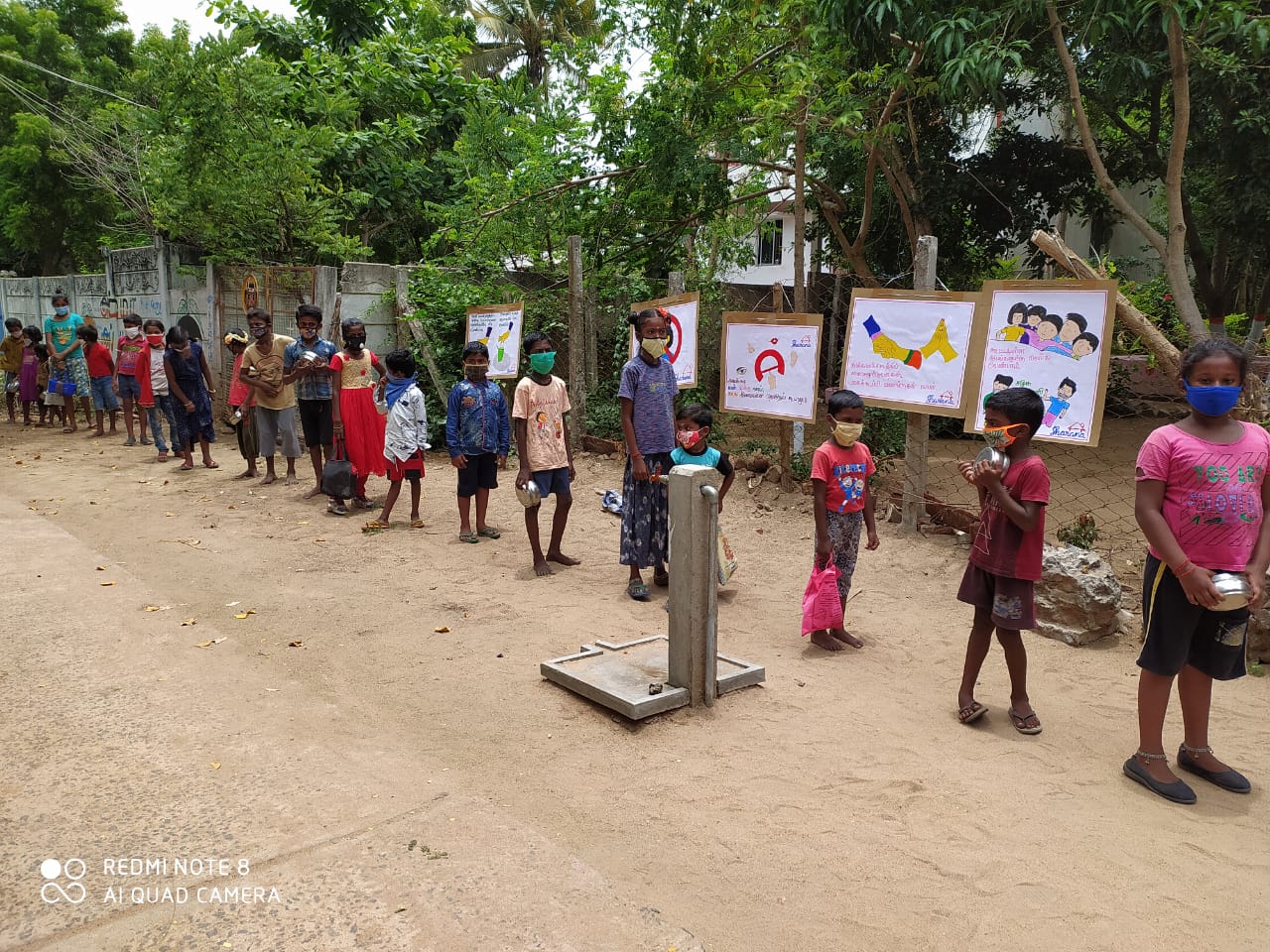
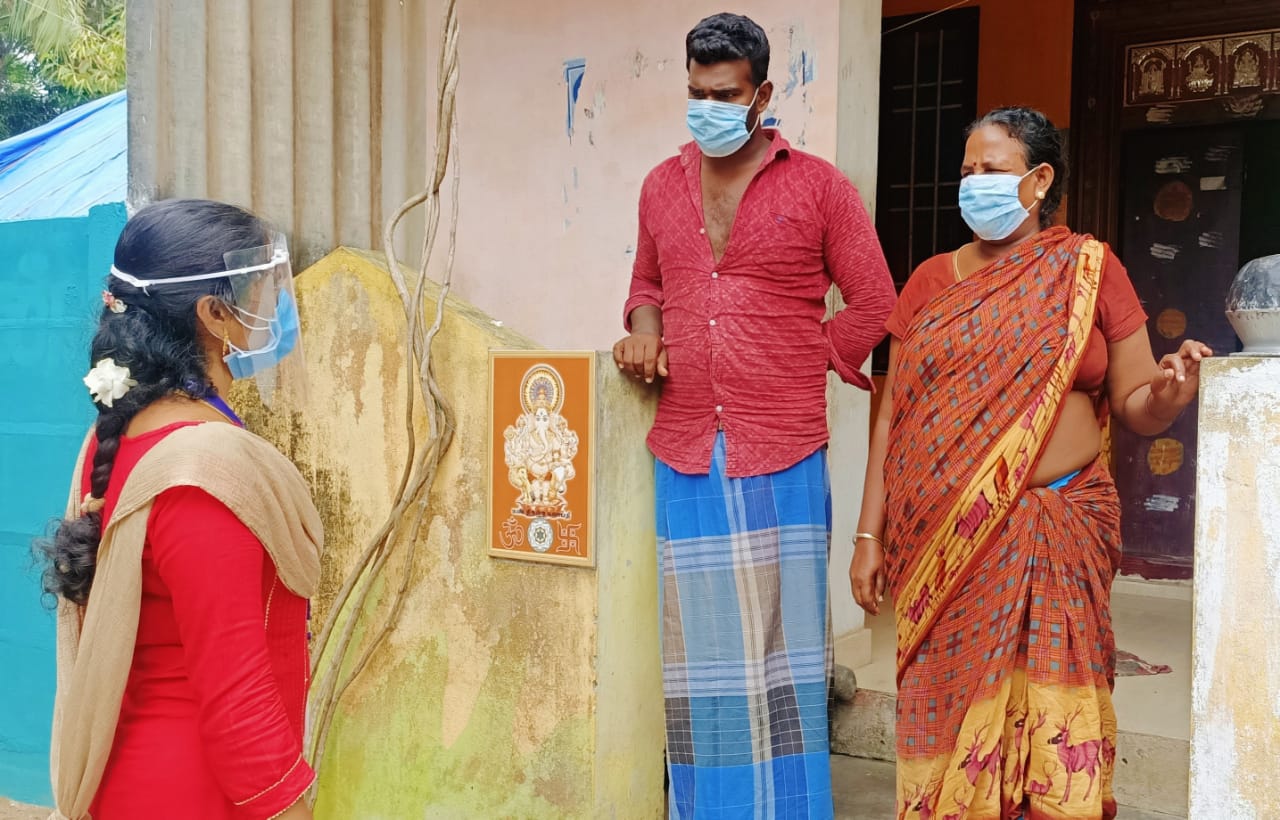
WOMEN EMPOWERMENT PROGRAMME
The first lockdown was announced even as our second batch of women was given their loans to either enhance existing businesses or set up new ones. We have published several blogs depicting their struggles, innovations and resilience under the circumstances over the past two years. Sharana decided to relax their loan repayment schedules.
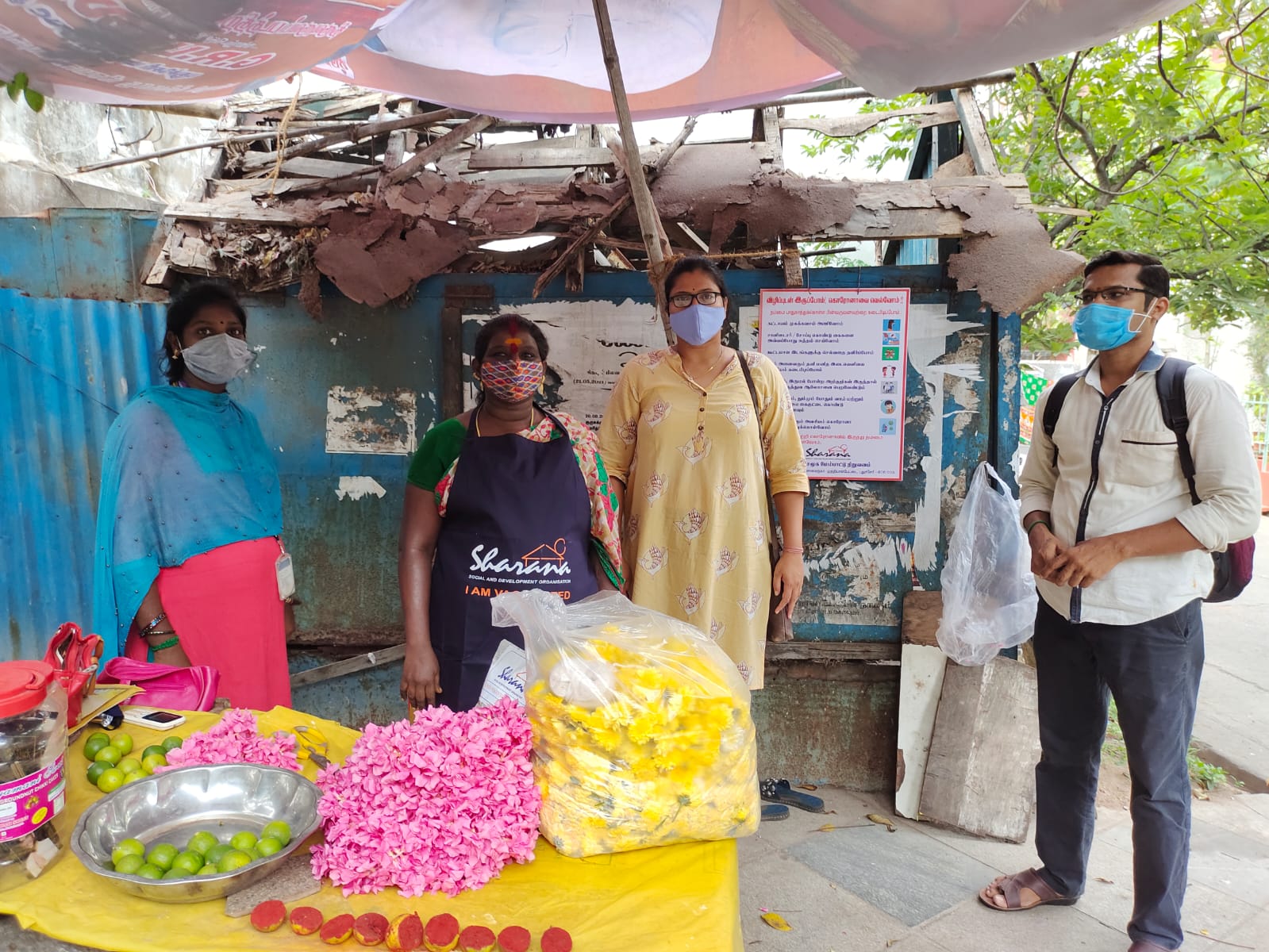
When outreach and visits were possible businesses were reassessed and top up and reloans were given. Mental health became an important talking point during the pandemic and rightly so.
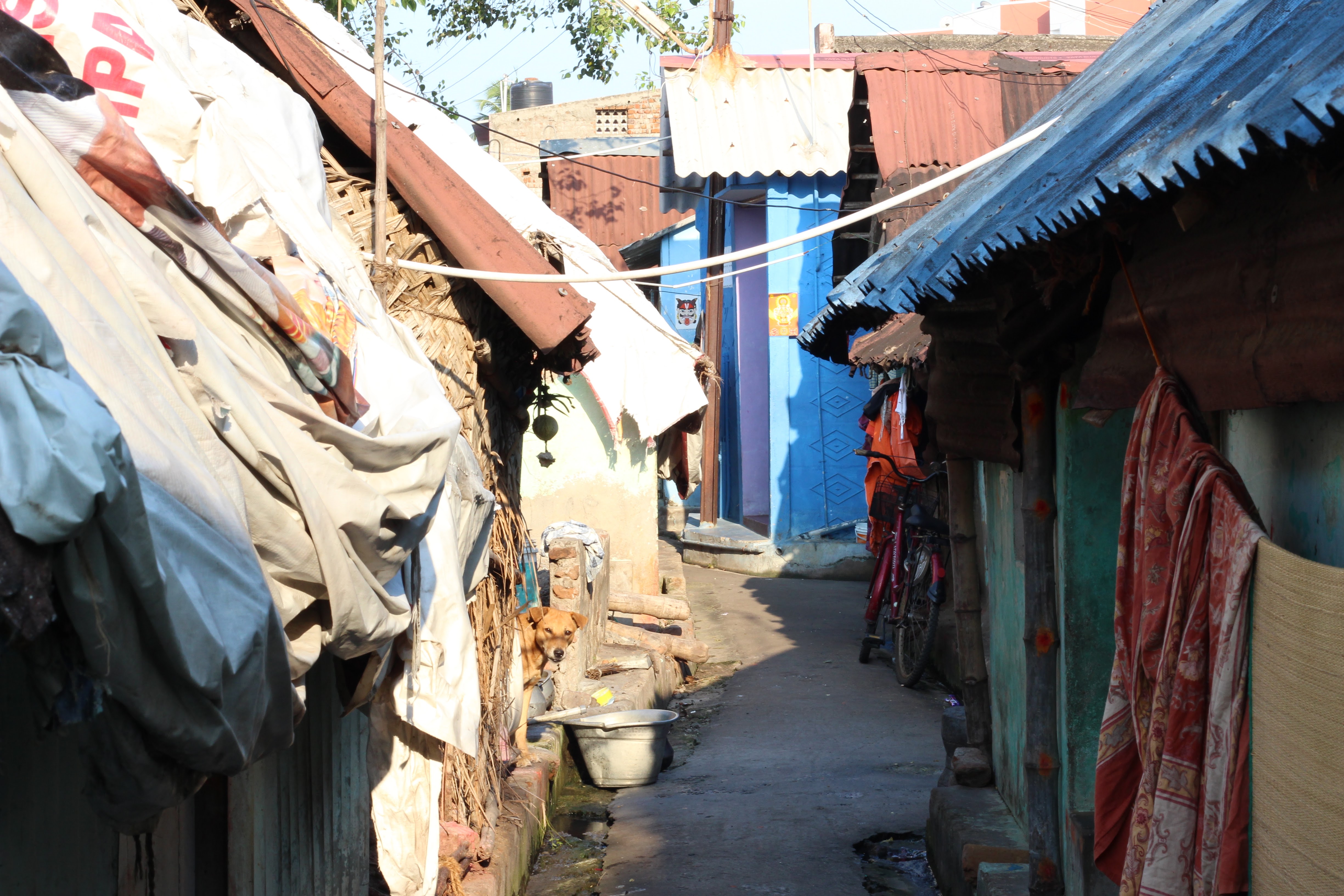
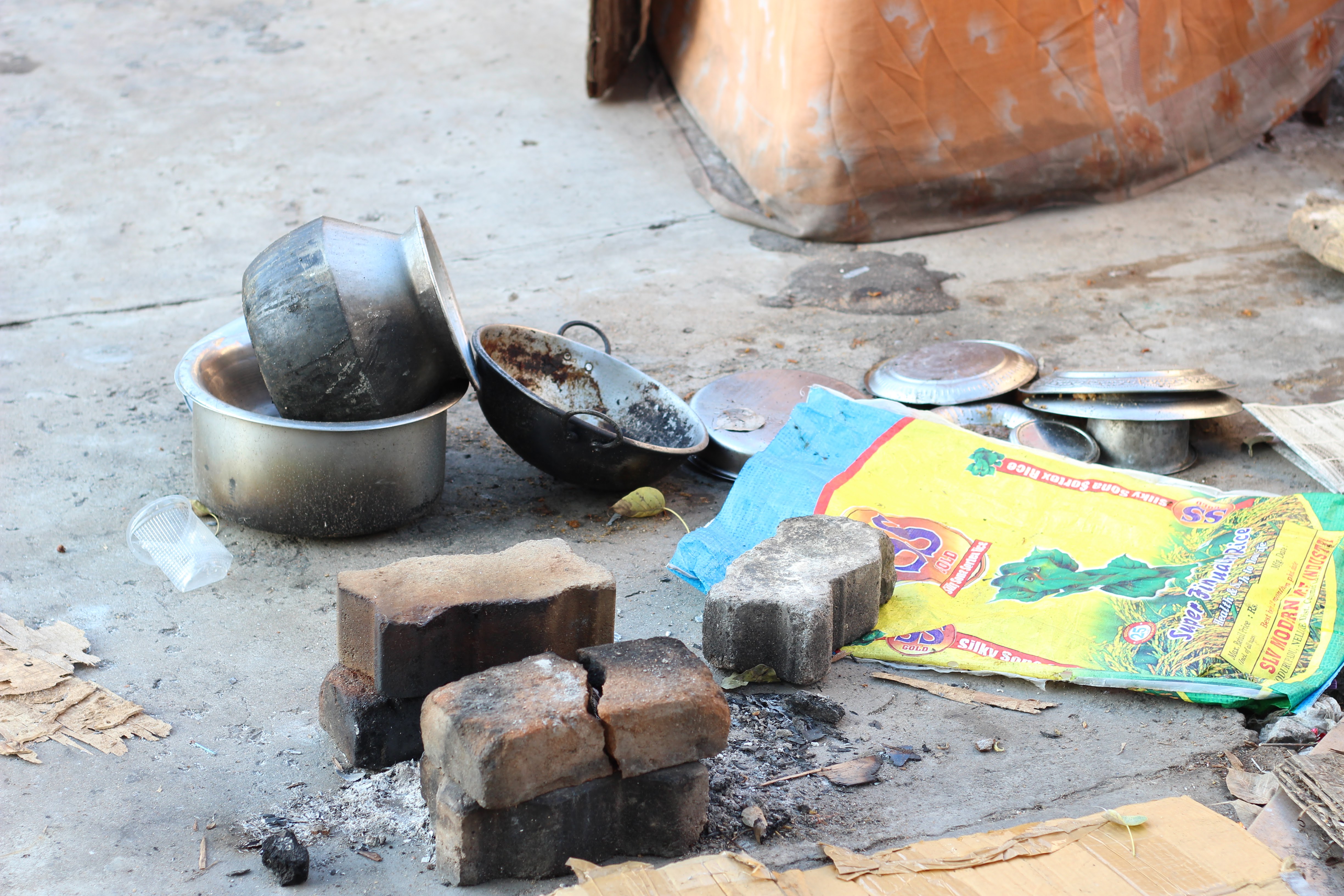
The burden of feeding the family, keeping the children occupied, stressing about their education took an enormous toll on our women. A mental health camp was organised to help them cope with the uncertainties, anxieties and challenges of the new normal.
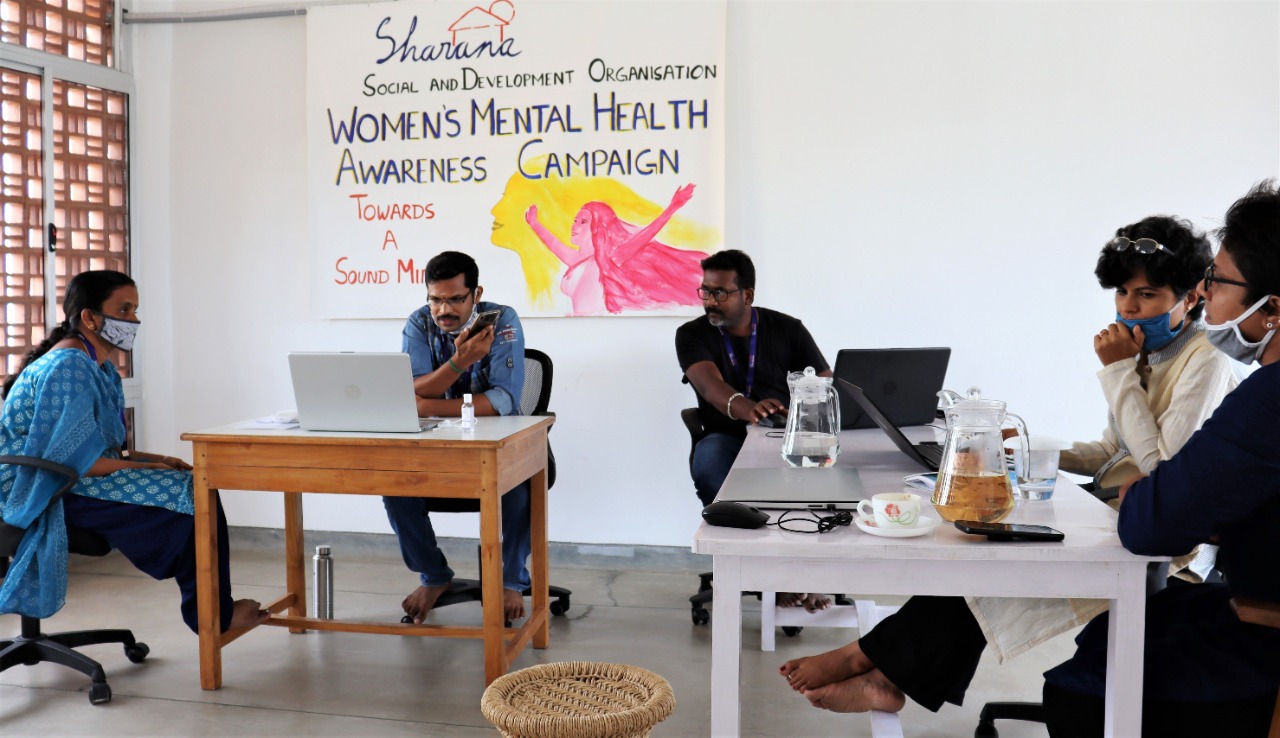
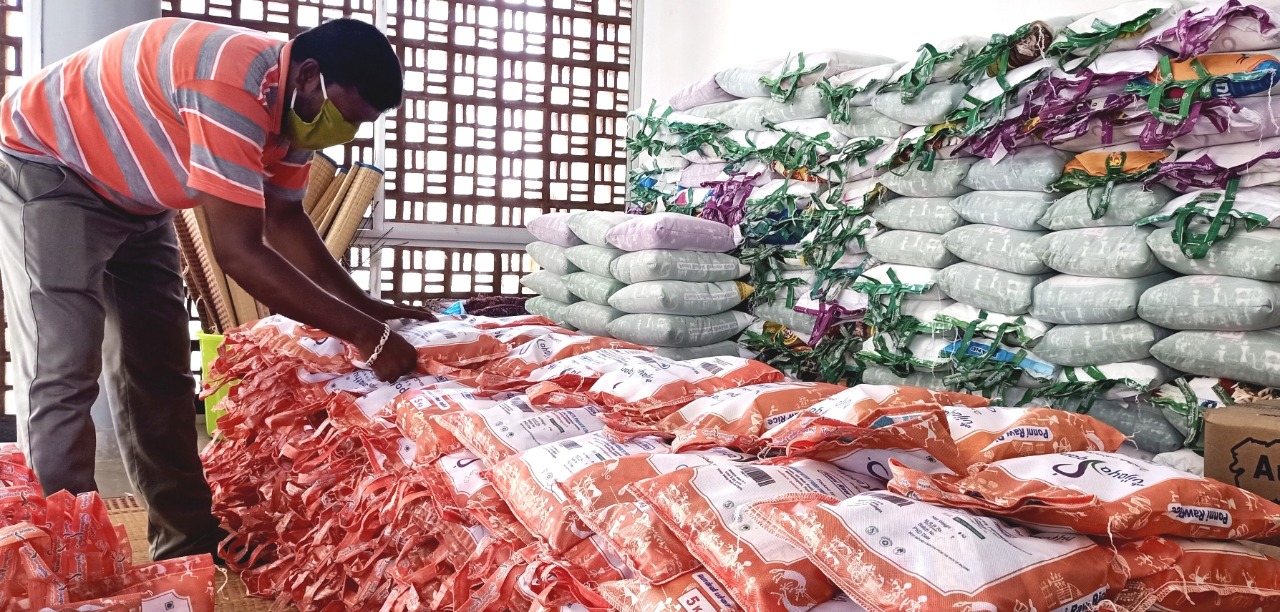
Material supports listed above in our children’s programme were carried out here too. It may be noted that initially under the Social Entrepreneurship Programme women whose children were part of Back to School were given business loans, but our philosophy evolved to reach out to women in dire need of income enhancement who showed satisfactory entrepreneurial commitment.
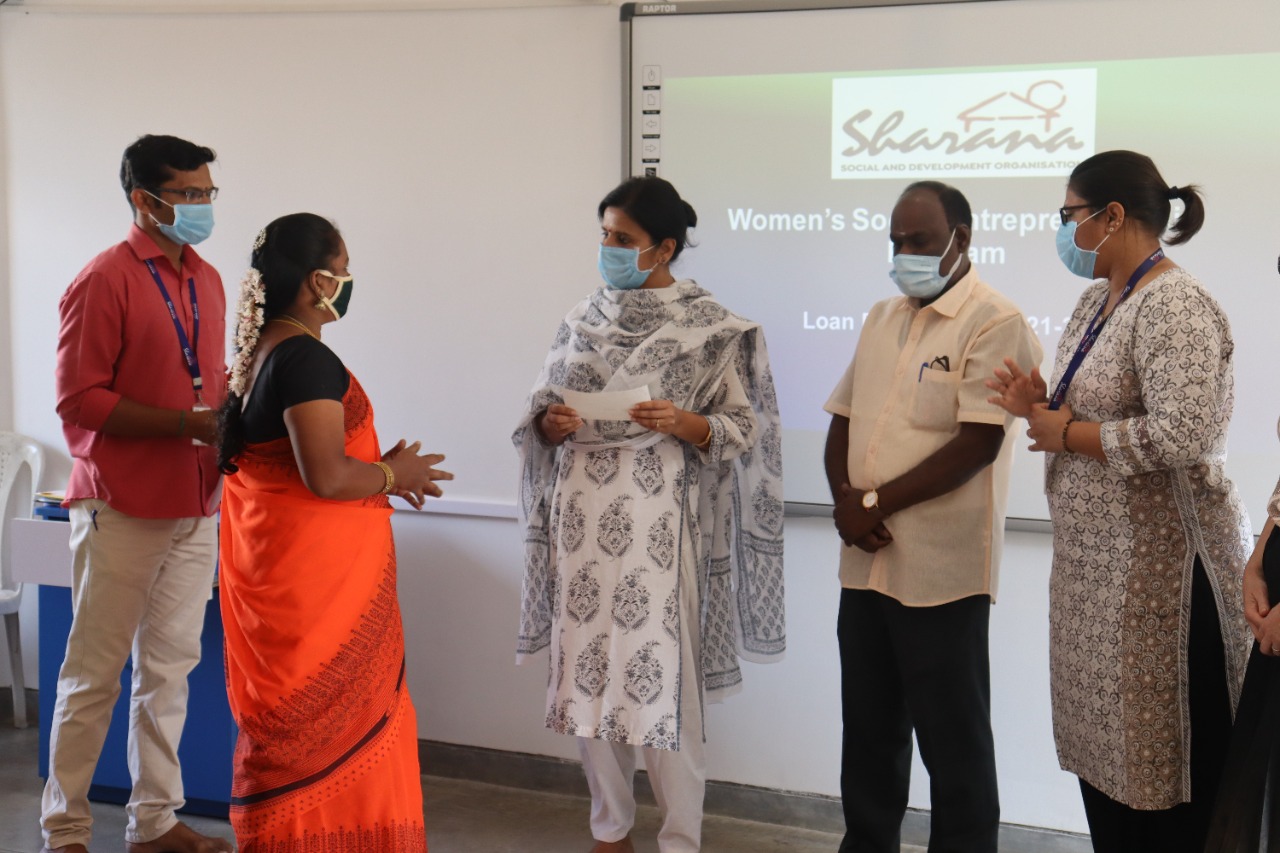
One of the most humbling lessons we’ve learnt through the pandemic is the extent achievements can see disproportionate reversal with force majeure. Hunger came back to bite hard as did significant inevitable debt accumulation. We are in deep appreciation and thank the govt for its free ration schemes, while it helped save lives the halt in incomes severely impacted nutrition. Lowered incomes and the closure of schools once again meant that there was grave danger that children would get back to work. Outreach had to be relentless to prevent this. While most of urban India transitioned to online classrooms our beneficiaries were left to fend for themselves.
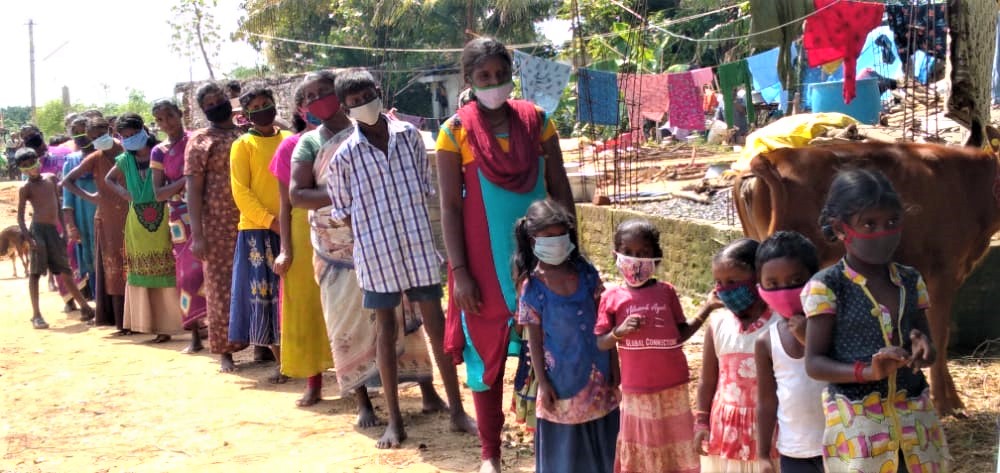
We need to remind our readers that Sharana reaches out to those streets and slums and helps those families that most of us know exist but seldom confront face to face. As India celebrates its 75th year of independence and looks to prosper economically our children are first-time school goers for their families. Overwhelmingly they are red ration cardholders. For them, a lockdown is a catch 22.
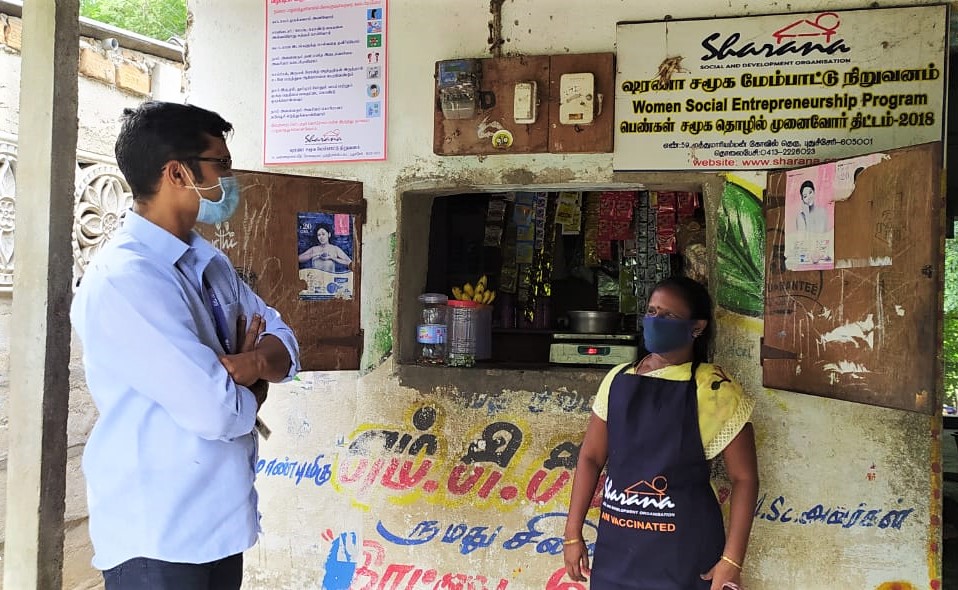
Their lives are pushed to the brink of precarious existence come pandemic come measure to curb it. Technology has come to our lives to stay; this takeaway is worrisome as this entails forbidding expenses for the Sharana family. Emotional, physical and mental health issues know no economic divide just as the need for nutrition and fitness. For some it is a lifestyle choice for others it is overwhelmingly an economic one.
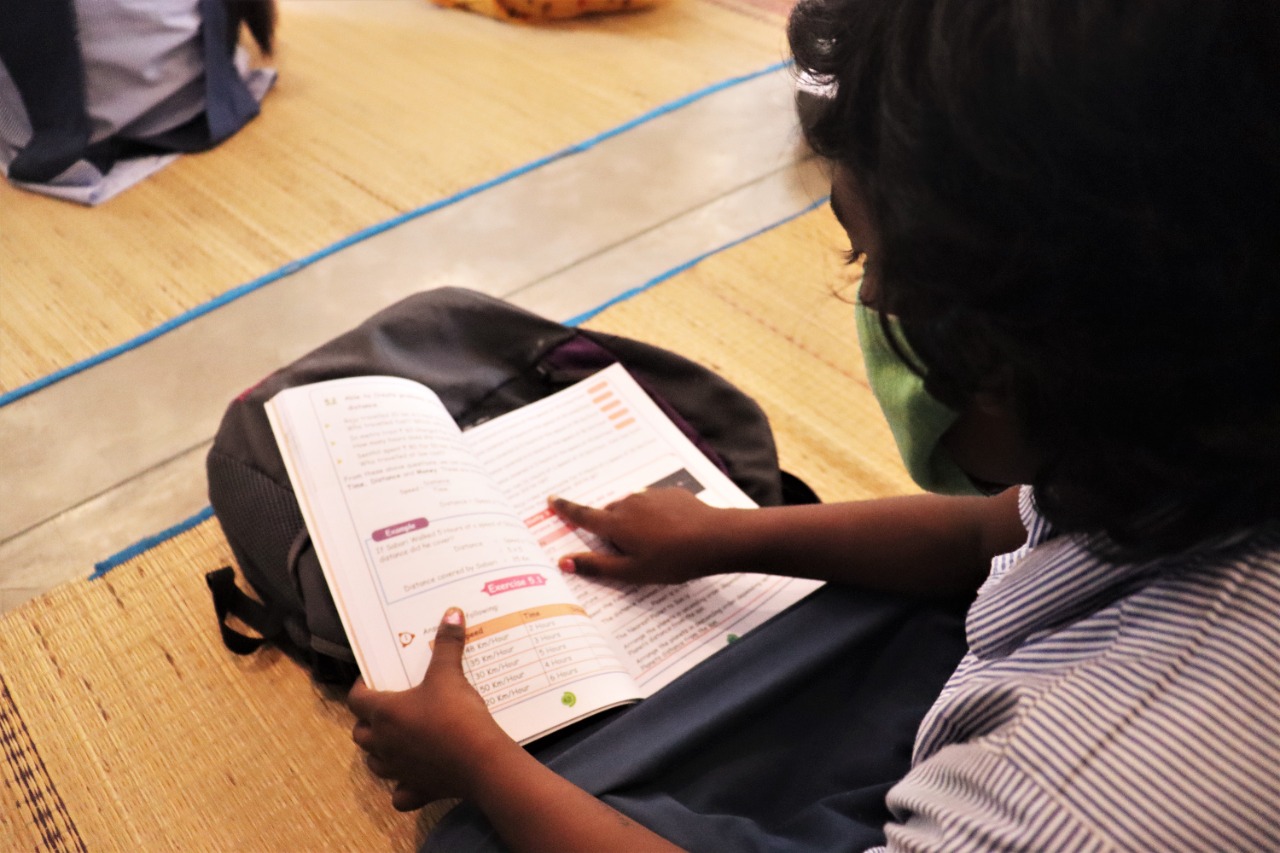
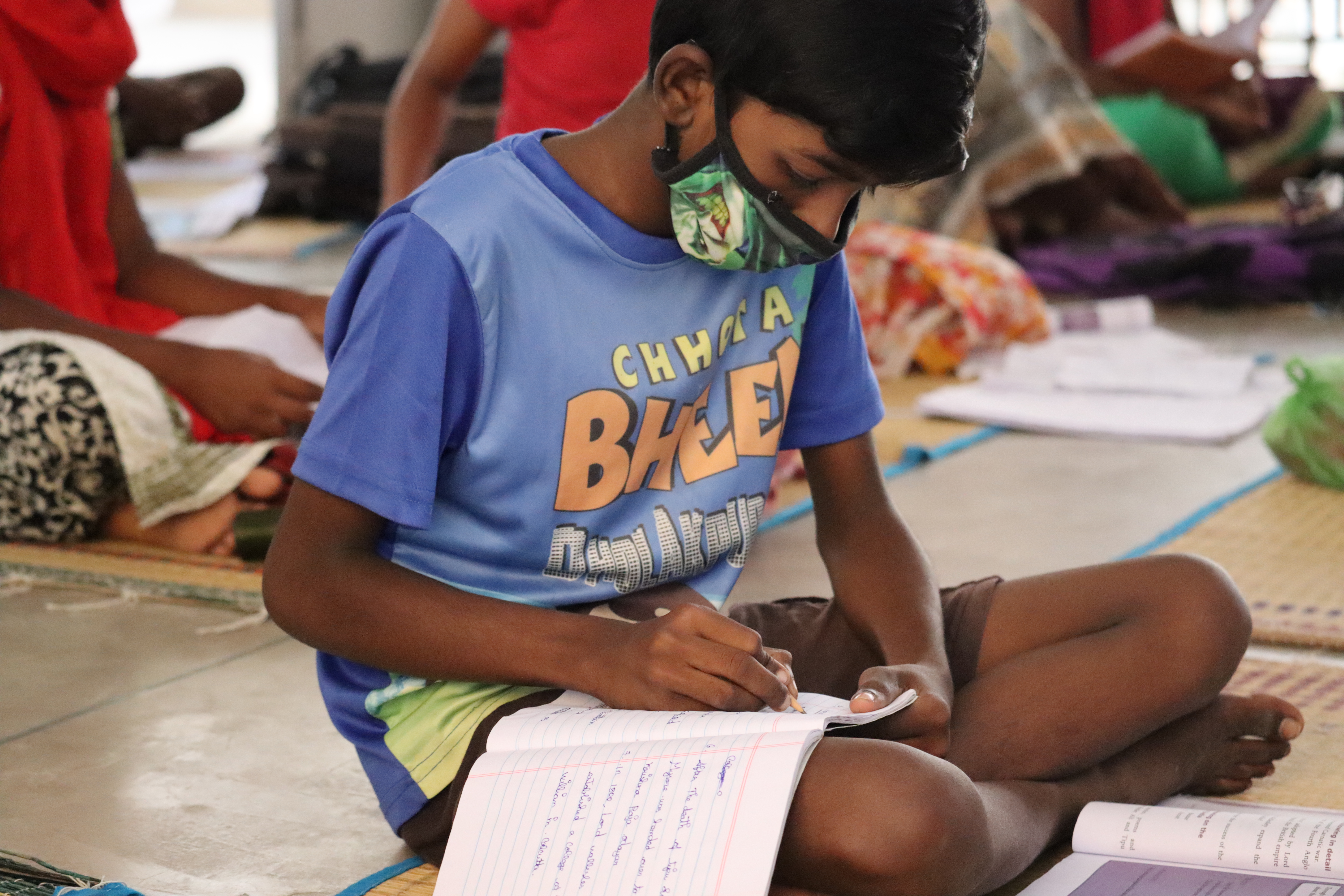
As we step into 2022, we were hoping to leave the menace of the pandemic behind us, but here we are riding the third wave, our minds and hearts, time, resources and energies ready to face new challenges and encounter more human stories of strength, resilience and dignity in difficulty.
